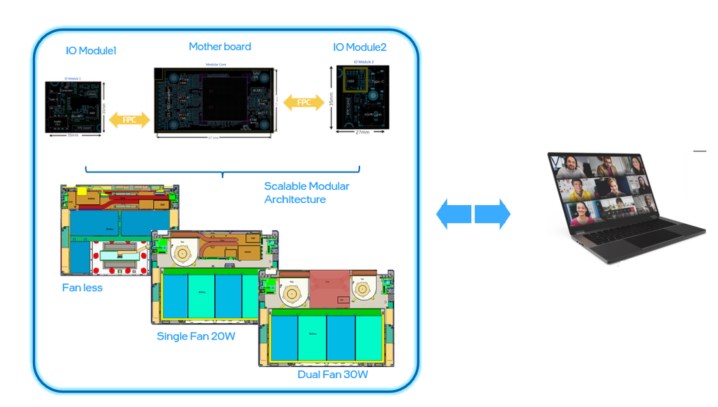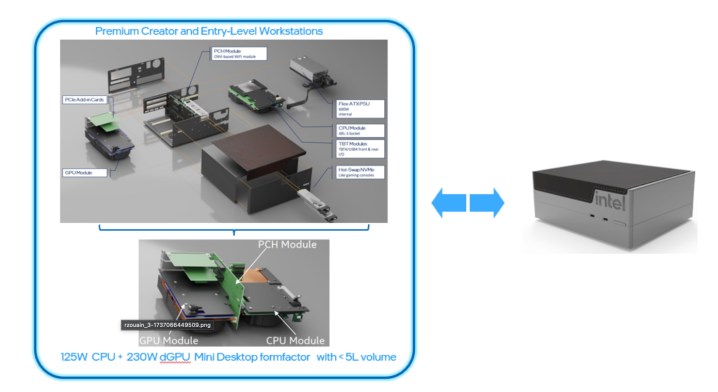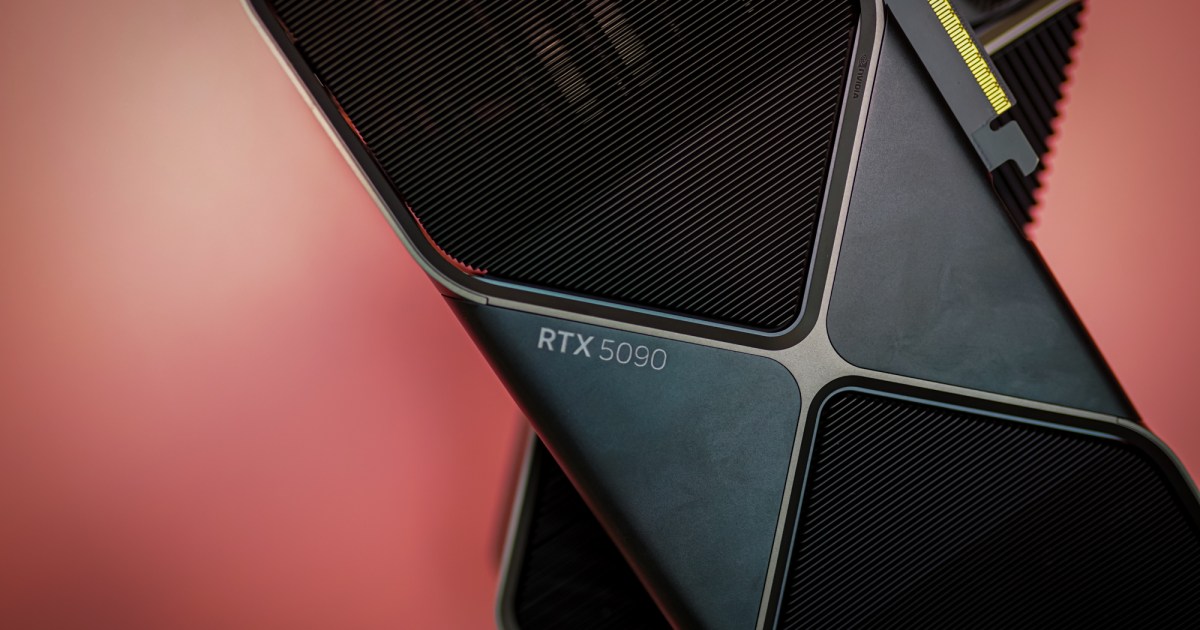Intel has unveiled a plan for modular laptops and mini PCs, promising a more sustainable and user-friendly approach to computing. This innovative design, detailed in a recent Intel paper, aims to reduce e-waste and minimize carbon footprint by enabling repairable and upgradable devices.
While desktop PCs already offer extensive modularity, allowing users to assemble systems from individual components, laptops and mini PCs have traditionally lagged behind. Current laptop designs often feature integrated motherboards where components are layered and soldered, making repairs and upgrades difficult or impossible.
Reimagining Laptop Architecture
Intel’s proposal envisions a modular laptop design consisting of three key components: a motherboard and two Input/Output (IO) modules. These IO modules are designed for compatibility with various cooling systems, including fanless, single-fan, and dual-fan configurations, catering to both consumer and commercial markets. By standardizing components across multiple models, Intel aims to streamline manufacturing and improve efficiency.
 Modular Laptop Components
Modular Laptop Components
This modular approach also offers potential for cross-generational compatibility, allowing users to upgrade processors and other components without replacing the entire laptop. While some manufacturers might be concerned about the impact on profits, the simplified design and component reusability could ultimately lead to cost savings. For consumers, modularity translates to extended laptop lifespans, enabling them to keep pace with technological advancements by simply swapping out components.
Modular Mini PCs: A Desktop-Like Experience
Intel’s modular vision extends to mini PCs as well. The current all-in-one design would be replaced by a three-module system comprising a GPU module, a CPU module, and a Platform Controller Hub (PCH) module. This structure mirrors the modularity of desktop PCs, allowing users to upgrade individual components as needed.
 Modular Mini PC Components
Modular Mini PC Components
Currently, Framework stands out as one of the few manufacturers offering modular laptops. However, achieving this modularity involves certain trade-offs. Existing Framework laptops may not meet the quality expectations of average consumers, appealing primarily to users who prioritize repairability and upgradability.
Intel’s Potential Impact on the Market
Intel’s entry into the modular market could mainstream this approach, encouraging other manufacturers to adopt similar designs. Increased competition could drive down prices, foster innovation, and lead to the development of high-quality modular devices catering to diverse consumer needs.
A Glimpse into the Future of Computing
Intel’s modular design holds the promise of a more sustainable and user-empowering future for computing. By prioritizing repairability and upgradability, this approach could significantly reduce e-waste and extend the lifespan of devices, benefiting both consumers and the environment. While challenges remain, Intel’s commitment to modularity could revolutionize the laptop and mini PC market.











